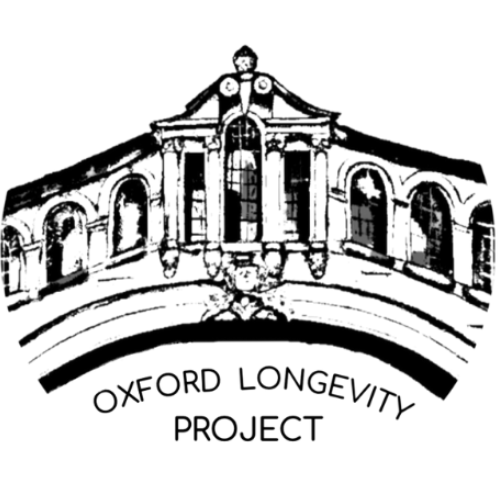Hallmark 5: Disabled Macroautophagy
What is Autophagy? (The Cellular Superpower You Never Knew You Had)
Autophagy (pronounced 'aw · to · fuh · jee') is essentially your body's internal Marie Kondo -- but instead of organising wardrobes, it's performing microscopic miracles inside every single one of your trillions of cells!
Picture this: whilst you're sleeping, working, or on a walk, an army of cellular janitors is working around the clock, hunting down cellular rubbish like damaged proteins, worn-out organelles, and even sneaky invading germs. These microscopic heroes don't just throw things away – they're master recyclers, packaging waste into tiny bubble-like structures called autophagosomes and whisking them off to specialised recycling centres (lysosomes) where they're either completely broken down or transformed into fresh energy for your healthy cells.
Autophagy isn't just one process – it's an entire specialised task force! Each type has its own name ending in "phagy":
Mitophagy – the mitochondria specialist (your cellular power plants)
Lysophagy – the lysosome expert
Reticulophagy – the endoplasmic reticulum specialist
Xenophagy – the pathogen-fighting defender
Your cells have their own specialised cleanup crews for every possible challenge.
The Ageing Plot Twist That Changes Everything
Here's where the story takes an important turn. As you age, this remarkable cellular cleanup system starts losing its effectiveness. The autophagy-related genes that once worked efficiently begin to slow down, becoming less active.
What does this mean for you?
Instead of getting that thorough daily cellular deep-clean, you're left with a less effective maintenance routine. Cellular debris starts accumulating, creating conditions for:
Increased cellular stress
Disrupted energy systems
Chronic low-grade inflammation (scientists call this "inflammaging")
One Thing That Separates Centenarians from the Rest
Want to know one key factor that distinguishes those who live to 100+ from the rest of us? Superior autophagy activity.
Studies have revealed that people with exceptionally long-lived parents maintain more robust autophagy well into their later years. Animal research has delivered even more compelling results: when scientists disabled autophagy, ageing accelerated significantly. When they restored it, they could actually reverse cellular damage and decelerate ageing.
In humans, mutations in autophagy genes create conditions that can accelerate disease and resemble premature ageing. This demonstrates that autophagy is one of the fundamental keys to healthy ageing.
The takeaway: Declining autophagy has earned its place as one of Lopez-Otin's key Hallmarks of Ageing – and many experts believe it's not just one of the reasons we age, but potentially the underlying driver that influences all the other ageing hallmarks.
Your cellular cleanup crew isn't just important – it might be the most crucial anti-ageing system you never knew about.
Authors: Georgia Pilling and Katsume Stoneham
